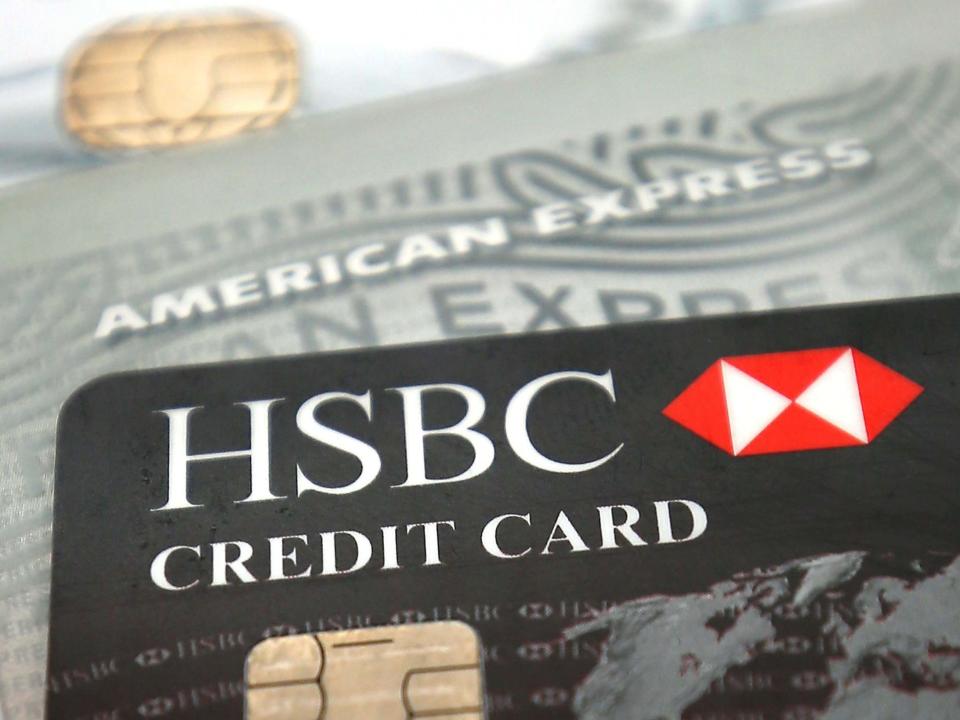A ban on credit cards for gambling is sensible – but let's also tackle the greed of lenders

More than one in five of the estimated 800,000 punters who use their credit cards to place bets are thought by the Gambling Commission to be problem gamblers.
The watchdog has, as a result, decided to ban gaming companies and bookies from accepting bets through this channel. This will surely inconvenience a lot of people. But figures like that tell you that it’s probably for the best and the industry isn’t arguing (at least not publicly).
Alongside the announcement, the Commission’s chief executive Neil McArthur voiced corners about the “significant financial harm” credit card gambling can lead to.
The gambling industry’s critics picked up the ball and ran with it, calling once again for a new and restrictive gambling act.
But shouldn’t it raise concerns about the card industry too? It is lenders, after all, who are providing much of the fuel for this particular fire. They could be said to have played just as much of a role in facilitating gambling addiction as the bookies themselves and the usurious rates of interest they charge mean they profit handsomely from it.
Problem gamblers are wont to build up heavy debts. This inevitably sees them entering the nether world of sub-prime credit, and sub-prime credit cards. The sort of lending to which the adjective “predatory” is often applied.
Step Change, the debt charity, did a report on these things last year and its findings make for sobering reading.
Some 4 million people in the UK have one, including one in three of those in severe financial difficulties. They are frequently people classified as financially vulnerable, so those on low incomes, or who are unemployed, alongside, of course, our problem gamblers.
They often get into repayment difficulties. Two thirds of Step Change’s clients have missed at least one monthly repayment, half did so in three or more months each year. Nearly one in five skipped a payment every other month or more.
These people end up getting stuck with expensive long-term debt that resembles one of those pestilential winter colds. The ones that grab hold of you in November and seem to hang around for most of the subsequent winter months.
Repaying the full balance of a high interest credit card can cost more than 100 per cent of the amount borrowed, according to Step Change. It says that at higher APR levels, costs may exceed 200 per cent.
That’s considerably worse than payday lenders, which aren’t allowed to charge more than 100 per cent on money borrowed from them – however late the repayment.
The problem with the gambling ban is that it doesn’t actually prevent problem gamblers from using these things to fuel their addiction. It just prevents gambling companies from accepting bets through them. That’s something you can rather easily get around by, say, using a card to produce a cash advance.
And, as you can see, these cards are a problem that goes way, way beyond just betting. A lot of struggling people turn to them too, for example, as a means of making ends meet. When you have to rely on expensive debt to do that, it usually ends badly.
The Financial Conduct Authority has introduced new rules calling upon lenders to intervene if, after 18 months, people are paying off less from their balances than they’re accruing in charges. There are a series of steps that can eventually lead to a card’s cancellation and even forbearance.
Still, if we need more from the gambling commission perhaps we need more from the FCA too.
It’s a safe bet that the situation could be improved were it to extend its (successful) charge capping regime to these products.
There are other measures it could take too, such as raising minimum repayments, suspending interest charges for anyone in persistent debt (which would likely include a lot of problem gamblers), forcing lenders to strengthen eligibility criteria.
If we’re talking about significant financial harm and social ills, sub-prime credit cards are right up there. They merit more attention.
Read more
Harry and Meghan’s millennial oversharing marks the end of the royals

 Yahoo Finance
Yahoo Finance 